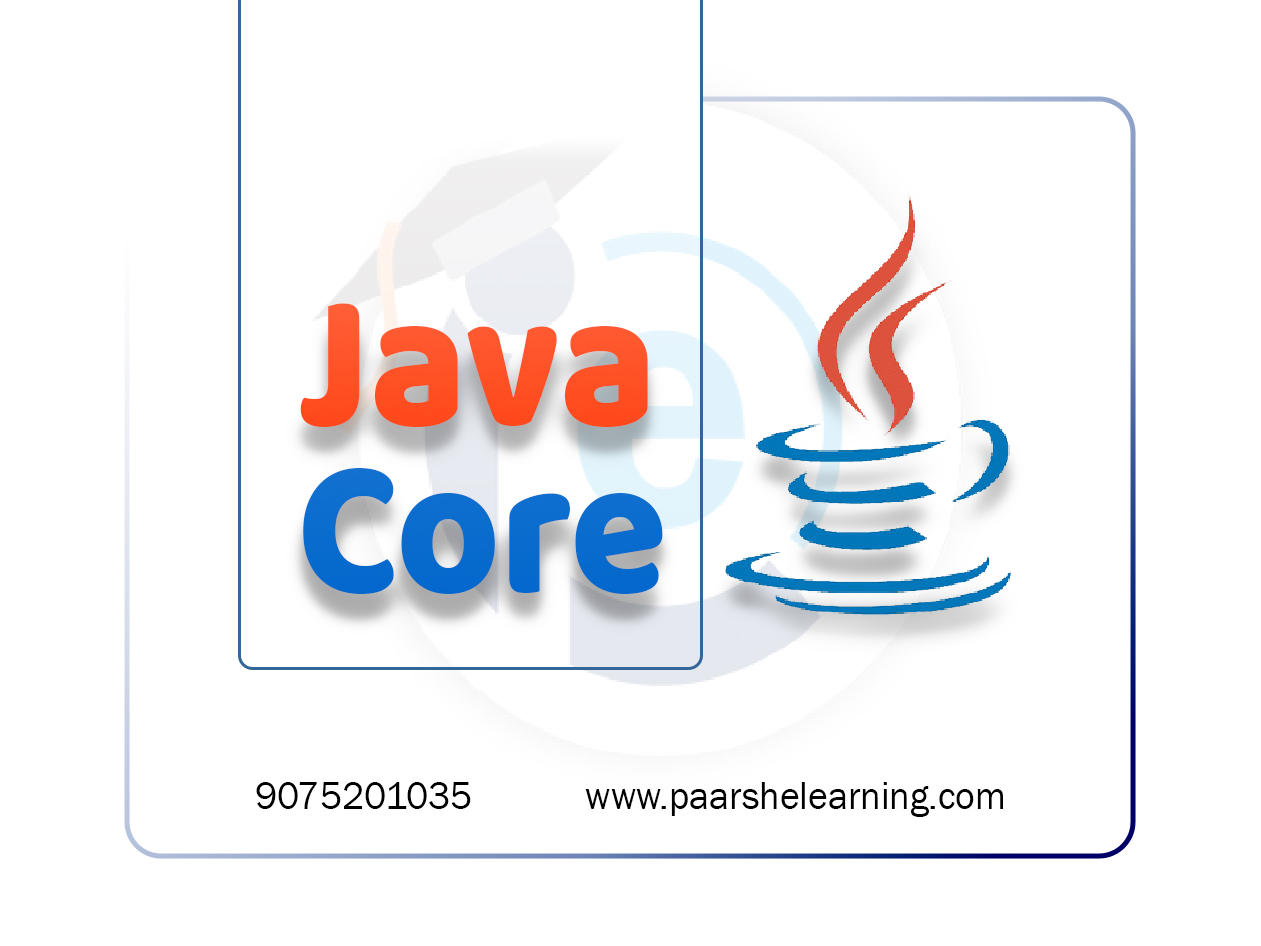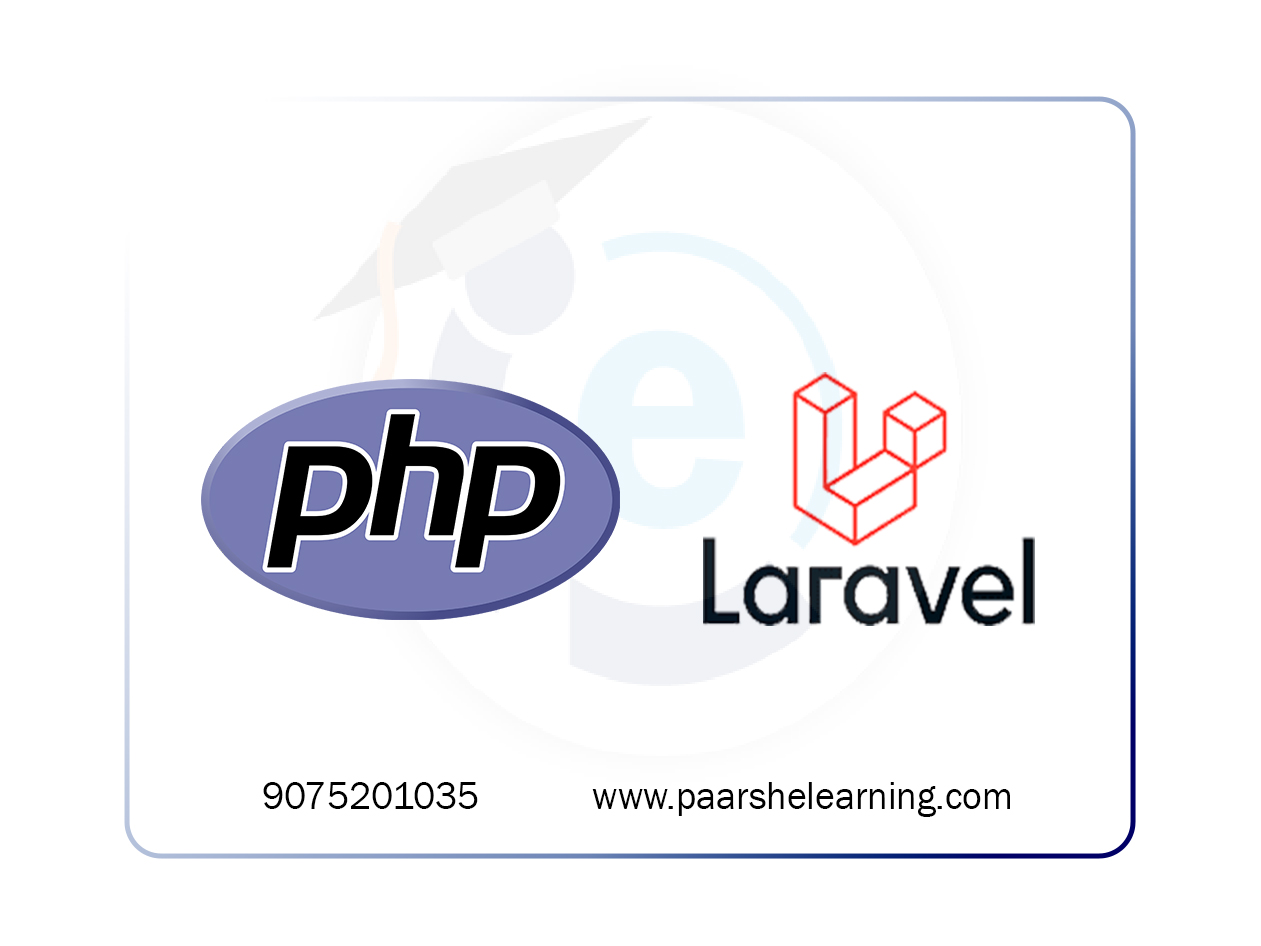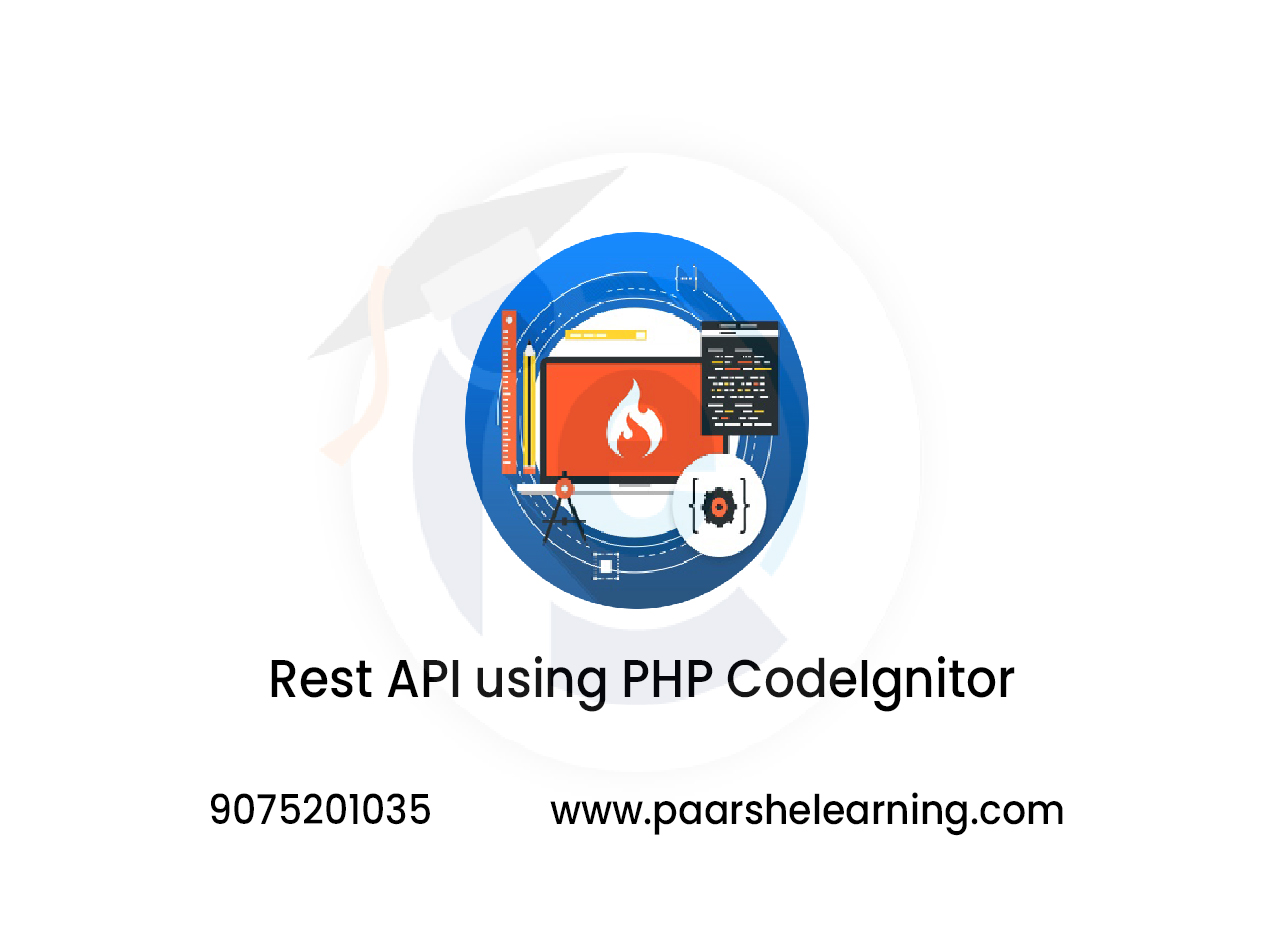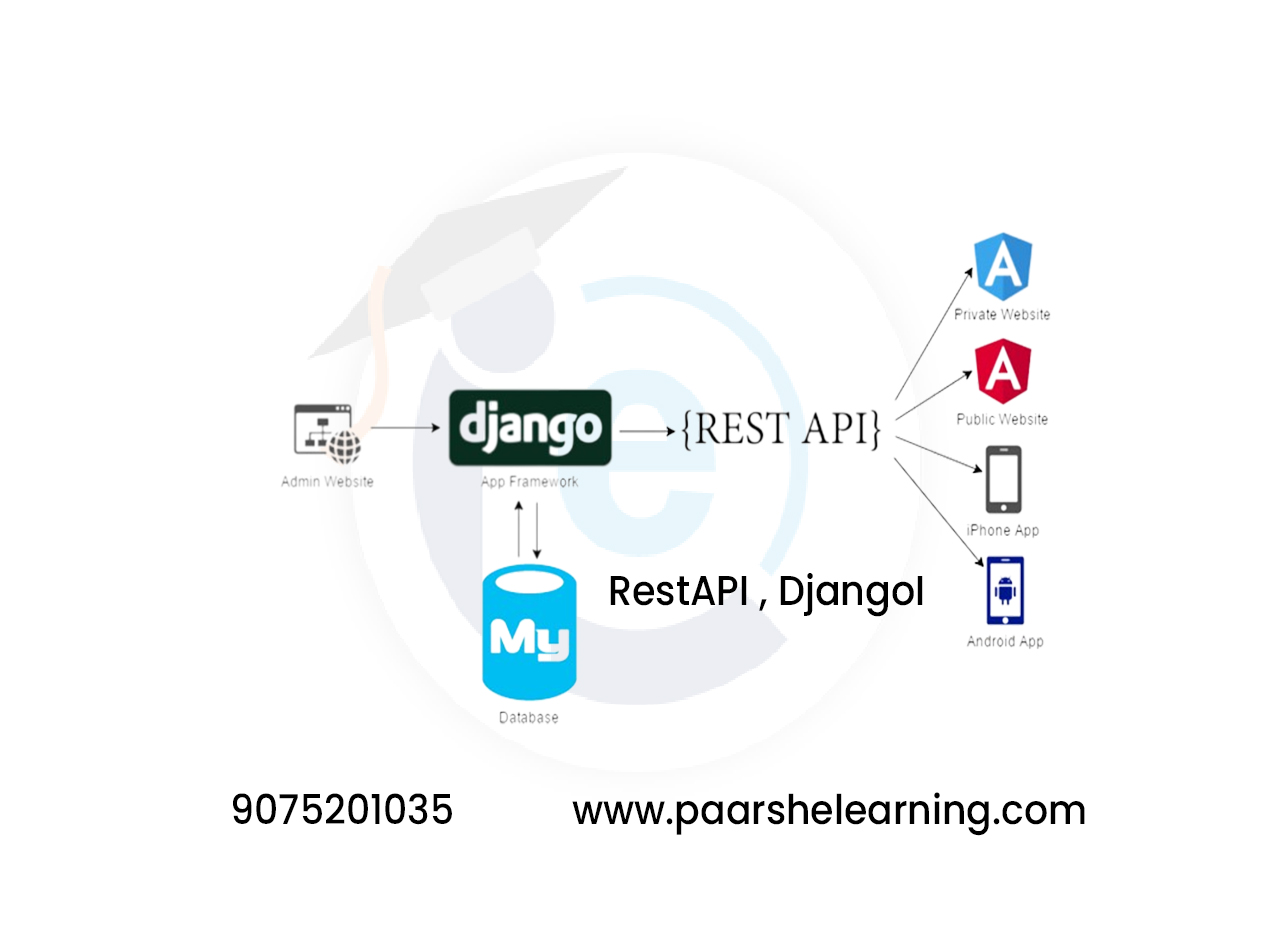- Start with the basics: Begin with the fundamentals of Java programming, such as data types, variables, control statements, loops, and functions. You can find many online tutorials and courses that cover these topics.
- Practice coding: Once you have a good understanding of the basics, start writing some simple Java programs. This will help you get familiar with the syntax and structure of the language.
- Learn object-oriented programming: Java is an object-oriented programming (OOP) language, which means that it uses classes and objects to represent data and behavior. Make sure you understand the key concepts of OOP, such as inheritance, polymorphism, and encapsulation.
- Study Java libraries and frameworks: Java has a vast collection of libraries and frameworks that can help you develop complex applications more quickly and easily. Some of the most popular Java libraries and frameworks include Spring, Hibernate, and Struts.
- Build projects: One of the best ways to learn Java is to build real-world projects. This will help you apply what you've learned and develop practical skills that you can use in your career.
Core Java
Course description
Core Java refers to the fundamentals of the Java programming language, including its syntax, concepts, and standard libraries. If you're interested in learning Core Java, here are some key areas you can focus on:
-
Java Basics: Start by understanding the basic syntax and structure of the Java programming language. Learn about variables, data types, operators, control structures (if-else, switch-case, loops), and basic input/output operations.
-
Object-Oriented Programming (OOP): Core Java is based on the principles of OOP, so it's important to understand the core OOP concepts. Learn about classes, objects, inheritance, polymorphism, encapsulation, and abstraction. Understand how to create classes, define methods, and use constructors.
-
Java Standard Library: Familiarize yourself with the Java Standard Library, which provides a rich set of classes and APIs for various functionalities. Learn about commonly used classes in packages like Java. lang, java. util, and java.io. Explore classes for handling strings, dates, collections, input/output operations, and more.
-
Exception Handling: Understand how to handle exceptions in Java. Learn about try-catch blocks, throwing and catching exceptions, and creating custom exceptions. Explore how to use exception handling to handle errors and exceptional situations in your code.
-
Generics: Gain knowledge of generics in Java, which allow you to write reusable code that works with different types. Understand how to define generic classes, methods, and interfaces. Learn how to use generic collections like ArrayList and HashMap.
-
Multithreading: Learn about multithreading in Java and how to create and manage multiple threads of execution. Understand the basics of thread synchronization, thread safety, and inter-thread communication. Explore java. util.concurrent package for advanced concurrency utilities.
-
File Handling: Understand how to read from and write to files in Java. Learn about the java.io package and its classes for file-handling operations. Explore file input/output streams, file readers/writers, and how to handle exceptions related to file operations.
-
Java Collections Framework: Gain a solid understanding of the Java Collections Framework, which provides classes and interfaces for working with collections of objects. Learn about the different collection types like lists, sets, and maps. Understand how to use the Collections API for sorting, searching, and manipulating collections.
-
JDBC and Database Connectivity: Learn about Java Database Connectivity (JDBC) and how to connect Java applications to relational databases. Understand how to perform database operations like querying, updating, and deleting data using JDBC. Explore concepts like connection pooling and prepared statements.
-
Java Development Tools: Familiarize yourself with popular Java development tools like Eclipse, IntelliJ IDEA, or NetBeans. Learn how to write, compile, and run Java programs using these tools. Understand how to debug and troubleshoot Java code.
It's recommended to practice coding exercises, work on small projects, and refer to Java documentation and tutorials to deepen your understanding of Core Java. As you gain more experience, you can explore advanced Java topics like JavaFX for graphical user interface (GUI) development, Java Networking, Java Servlets, and Java Server Pages (JSP) for web development, and more specialized areas like Java APIs for XML Processing (JAXP) and Java Native Interface (JNI).
What you will learn from this course?
This course includes!
- Daily Live session
- A recorded session with problem-solving material
- Access on Mobile and TV
- Certificate of completion
- Recommendation Letter
- 100% Job Placements
This course is for
- Students who are interested in pursuing a career in software development or computer science.
- Those looking to build creative and advanced Java apps for either personal use or for high-paying clients as a self-employed contractor.
- Professionals who are looking to upgrade their skills and learn a new programming language.
- This course is perfect for absolute beginners with no previous coding experience, to intermediates looking to sharpen their skills to the expert level.
- Anyone who is interested in learning how to build web-based applications, mobile apps, or desktop software using Java.
Prerequisites for this course
- A computer with either Windows, Mac or Linux to install all the free software and tools needed to build your new apps (I provide specific videos on installations for each platform).
- Basic computer skills: You should be comfortable using a computer, navigating the file system, and installing software.
- Programming fundamentals: You should have a basic understanding of programming concepts, such as data types, variables, control statements, loops, and functions.
Core Java Syllabus
-
Introduction To Java
Overview of Java programming language Setting up the Java development environment (JDK, IDE) Writing, compiling, and running your first Java program Understanding Java's platform independence and bytecode
-
Basic Java Syntax And Data Types
Java syntax: comments, variables, data types Working with primitive data types and literals Declaring and initializing variables Using operators and expressions in Java
-
Control Structures And Loops
Using if-else statements for decision making Implementing switch statements for multiple choices Working with loops: for, while, do-while Using break and continue statements
-
Arrays And Strings
Understanding arrays: declaration, initialization, and access Using arrays for storing and manipulating data Working with multi-dimensional arrays Manipulating strings using string methods
-
Methods And Functions
Defining and calling methods in Java Passing parameters to methods Returning values from methods Overloading methods for different behaviors
-
Object-oriented Programming (oop)
Introduction to object-oriented programming Defining classes and objects Encapsulation, inheritance, and polymorphism Using constructors and destructors
-
Exception Handling
Understanding exceptions and their types Handling exceptions using try-catch blocks Throwing and catching custom exceptions Using the finally block for cleanup
-
File Handling And I/o
Reading and writing data to/from files Working with character streams and byte streams Using BufferedReader and BufferedWriter Introduction to serialization and deserialization
-
Paarsh E-Learning encourages hands-on practice, assignments, and projects throughout the course to reinforce students' understanding of Core Java concepts. Assign practical exercises that involve writing Java programs to solve real-world problems. Cover both theoretical concepts and practical applications to provide a well-rounded learning experience.





